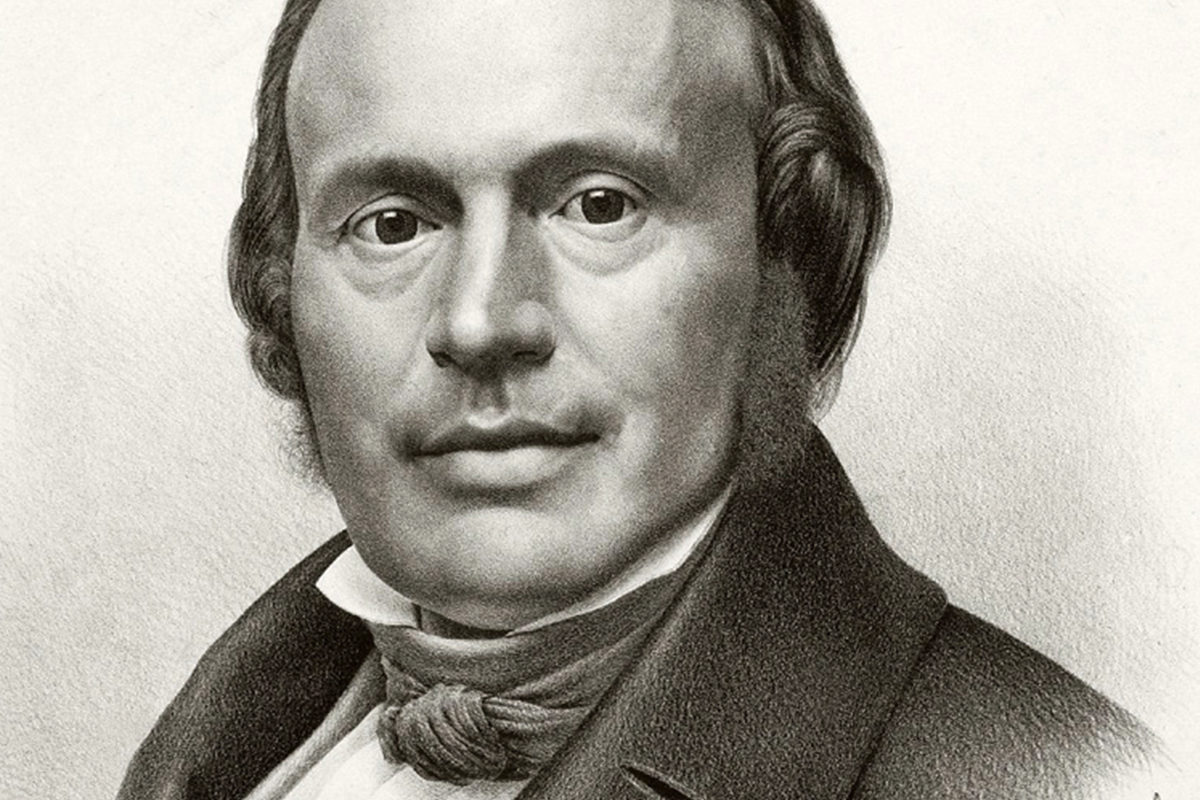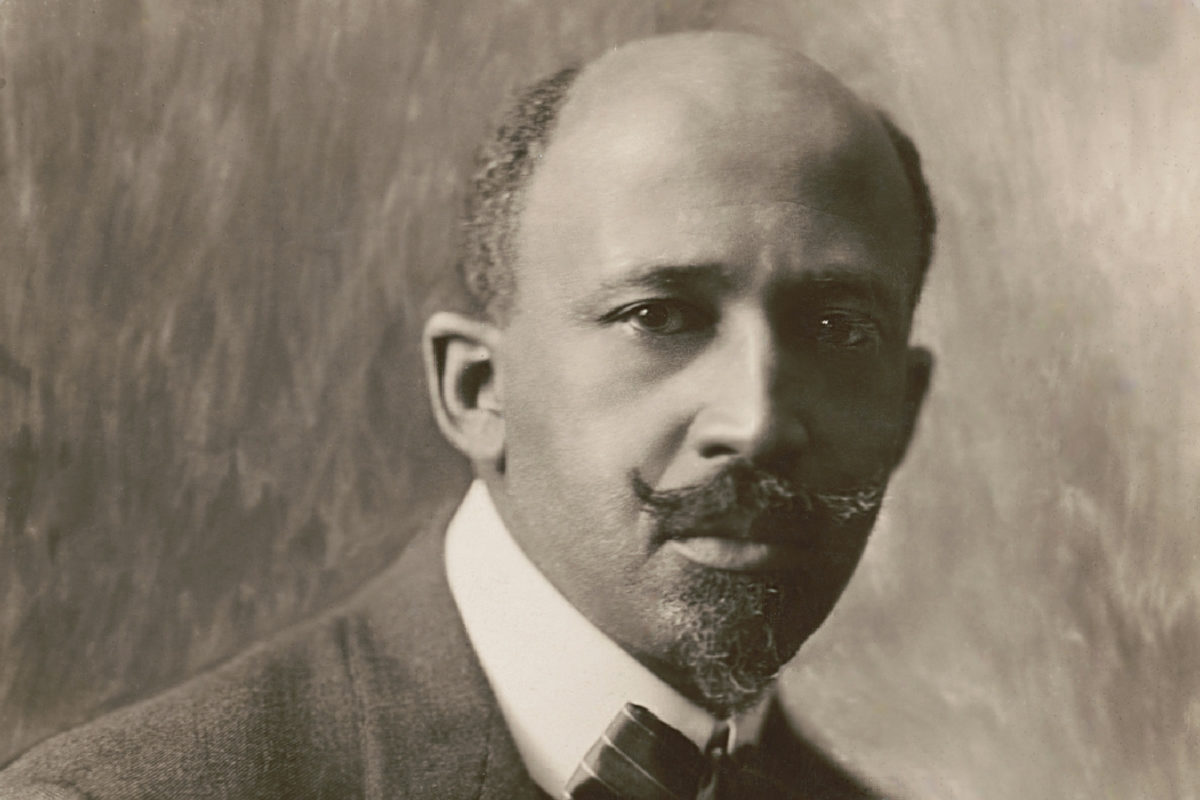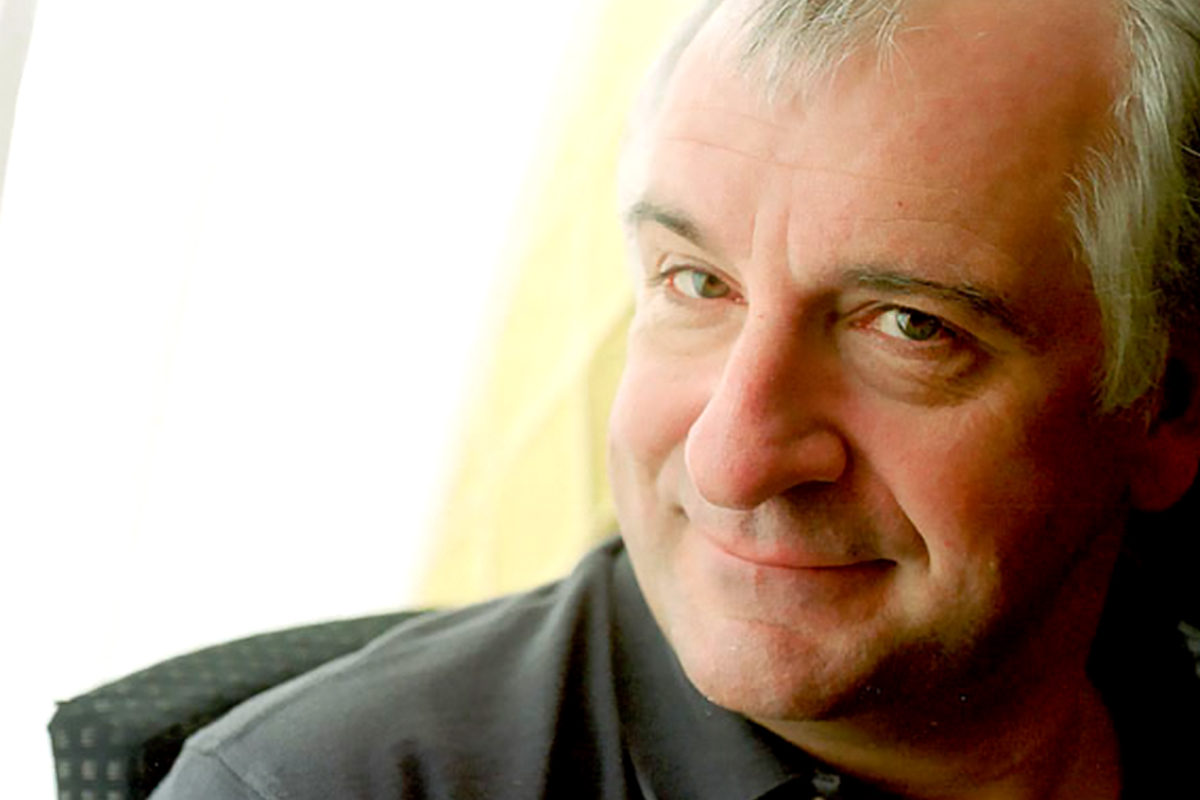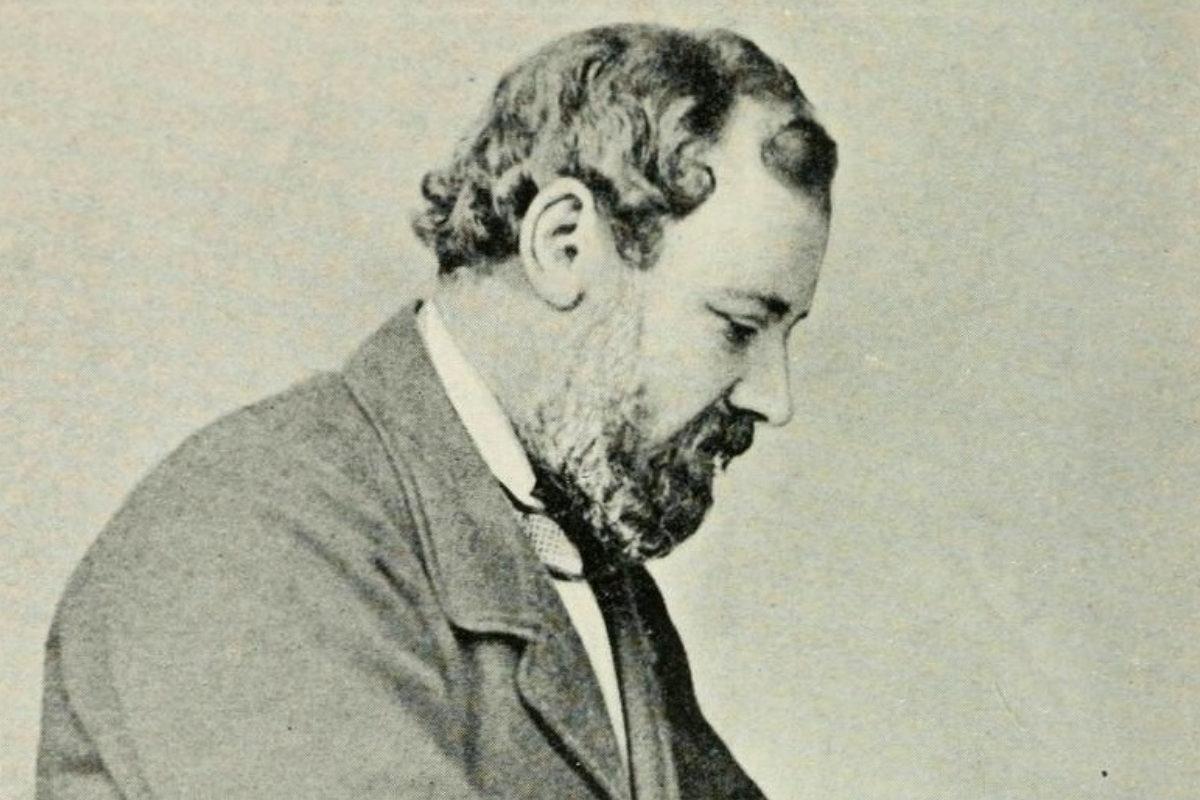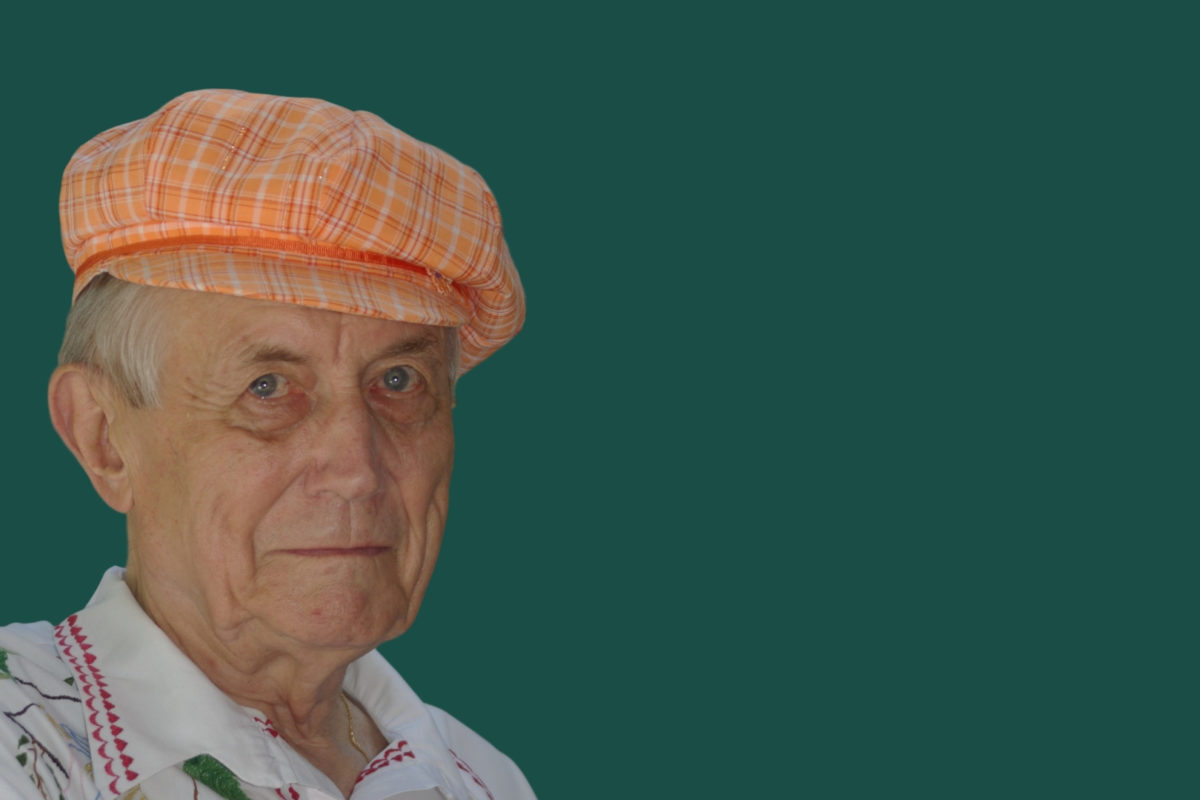“A good quotation must be a complete entity. It must be like a headline – sharp, clear, whole.”
~Ayn Rand, Russian-American author & philosopher
Letter to Foundation for Economic Education founder Leonard Read (12 November 1944) reprint in Letters of Ayn Rand, ed. Michael S. Berliner, New York, NY: Dutton Books, June 1995, p. 170


